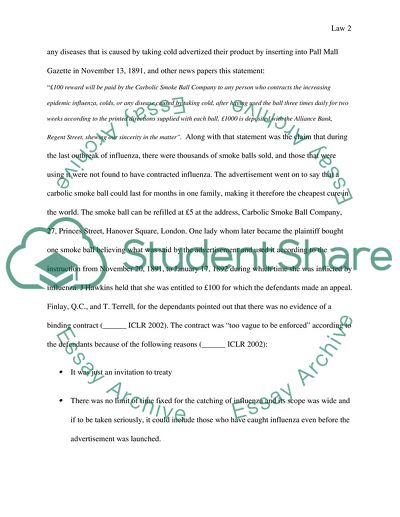Cite this document
(Elements of A Contract Assignment Example | Topics and Well Written Essays - 3500 words, n.d.)
Elements of A Contract Assignment Example | Topics and Well Written Essays - 3500 words. Retrieved from https://studentshare.org/law/1731634-law
Elements of A Contract Assignment Example | Topics and Well Written Essays - 3500 words. Retrieved from https://studentshare.org/law/1731634-law
(Elements of A Contract Assignment Example | Topics and Well Written Essays - 3500 Words)
Elements of A Contract Assignment Example | Topics and Well Written Essays - 3500 Words. https://studentshare.org/law/1731634-law.
Elements of A Contract Assignment Example | Topics and Well Written Essays - 3500 Words. https://studentshare.org/law/1731634-law.
“Elements of A Contract Assignment Example | Topics and Well Written Essays - 3500 Words”, n.d. https://studentshare.org/law/1731634-law.


